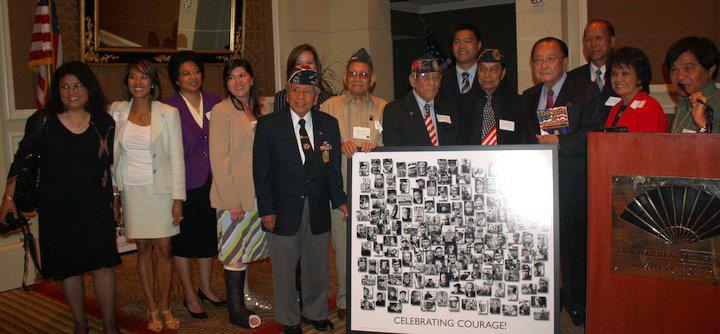As someone with very personal connections to both military servicemembers and the Japanese American community, I hold today, December 7, with a complex set of meanings and experience the gamut of emotions. “I’m feeling all the feels” as they might say these days. The anniversary of the attack of the Japanese Imperial Army on Pearl Harbor in Hawai’i on December 7 is marked with a solemn gravity and has particular resonance for the U.S. Armed Forces that remembers its fallen dead. Unfortunately, the day has another more tragic resonance for another community.
For Japanese Americans, who fell victim to the displaced rage of an American populace reeling from a military attack, President Franklin D. Roosevelt’s reference to “a day which will live in infamy” has a completely different meaning. The wave of anti-Japanese sentiment that took hold of the country and ultimately resulted in the incarceration of over 120,000 Americans of Japanese descent finds a locus on December 7, when violence against Japanese Americans and other Asian Americans and Pacific Islanders has historically spiked. Our elders who directly experienced World War II have much wisdom to bring to bear on the issues we face today, as the United States grapples with military action abroad and increasingly sharp political divides around balancing security and civil liberties. Organizations such as the Japanese American Citizens League have been at the forefront of the national debates on these issues and it is more important than ever to remember the lessons of history.

The work I do with Filipino American World War II veterans recalls their history and the role they played in the Pacific theater during this time. The day after the attack on Pearl Harbor, the Japanese begun their assault on the Philippines, which would result in some of the most infamous military action anywhere in the war, including the Bataan Death March. Marla Mooney, in our newest installment of the Diverse Elders Stories Initiative, recalls her own grandfather’s participation in the Bataan Death March and the legacy of serving others that he left to her. Jon Melegrito, whose own father also served in the U.S. Armed Forces of the Far East and whose story is in his contribution to our Diverse Elders Stories Initiative, penned the press release for the Filipino Veterans Recognition and Education Project that marks today’s anniversary as well.
War is never an easy thing to write about, much less experience, but the times we are in demand that we make sure we talk about our history of war and violence so that we can avoid repeating it.
The opinions expressed in this article are those of the author and do not necessarily reflect those of the Diverse Elders Coalition.

